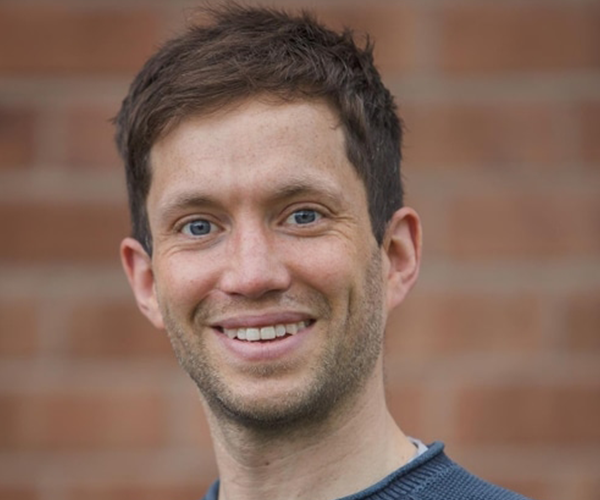Salsa Sound
We asked Rob Oldfield, Co-Founder and CEO of Salsa Sound, a few questions about his experience working with the AI Foundry team at the University of Salford.
Company background

We are a spin-out company from the University of Salford founded in 2017 off the back of a successful EU FP7-funded project. Having patented some of the key findings from this project, we spun out as a company to better exploit these innovations. Initially the company was run as part of my university job and in my spare time, but in 2020 I left the University to run the company full-time as its CEO.
As a company we have maintained excellent links with the University and one of our directors still works there as a lecturer and researcher. As a result of these close links, we were made aware of the AI Foundry as it closely aligned to our company priorities and allowed us to further develop and extend our AI capabilities.
What were the highlights of the course?
For me, I found the training in general to be very useful and insightful. Hearing the specific case studies was a good way to embed the lessons learned and help me apply it to our particular context, which was important.
How has being on the course helped you as an individual?
The course has definitely helped expand our company aspirations of what we could do with AI and has helped us outline new product possibilities for our R&D pipeline. This was a result of better understanding the underlying AI theory and hearing about other applications on the course.
How has being on the course and the further support through the technical assist helped your business? (For example, efficiency improvements, unique selling points)
The technical assist phase helped us start out on a journey to produce a new product which otherwise we would not have had the resources or risk-appetite for, and although not finished yet, looks promising in terms of future revenue possibilities it will create. Additionally, we are planning a new product feature which wouldn’t have occurred to us had we not been a part of Phase One of the AI Foundry.
Is there anything you do now in your business that you wouldn’t have otherwise done?
Yes, new products and ideas have already come from being a part of this programme which we more than likely wouldn’t have experimented with had we not been a part of it.
Would you recommend the GM AI Foundry to other people? Why?
Yes, I would. For us, we already had experience with AI, and we found it very helpful expanding our knowledge and also meeting other entrepreneurs in the space. I’d also recommend it for people and businesses who don’t yet have any experience in this field but are keen to explore AI in a low risk/safe environment. The time commitment wasn’t huge but the potential impact it could have on businesses is big.
Have you had any recent successes in your business as a result of the programme? (For example, winning new business, recruiting new staff)
The additional knowledge gained in part from the Foundry has enabled me to speak on panels specifically about AI in audio and has allowed me to talk to companies in a more informed manner which increases our credibility. We hope that in the coming months we will also have more products and technologies that we can bring to market too.
Do you have any advice for other small to medium-sized businesses?
Whatever stage you’re at, if you’re interested in the idea of AI and how it can help introduce new efficiencies in the business or create new revenue streams for you, give the AI Foundry a go. It’s delivered by world leading researchers and practitioners and will position you in a good place in terms of learning and practical support.
What was the best thing about your partnership with the universities?
Getting access to expert technical advice and support to help us create innovative products.
